This article focuses on all the amazing characteristics of the breed— from their beauty and playful nature to the specifics of caring for and keeping them healthy.
Learn how to enhance your life with the wit and sophistication of the Turkish Angora and the rich tapestry of history they come from. Let’s dive into their world and appreciate their playful existence.
While you're exploring the Turkish Angora's fascinating world, stay connected and share your discoveries with friends using the iRoamly Turkey travel eSIM, which offers fast speeds and flexible packages.
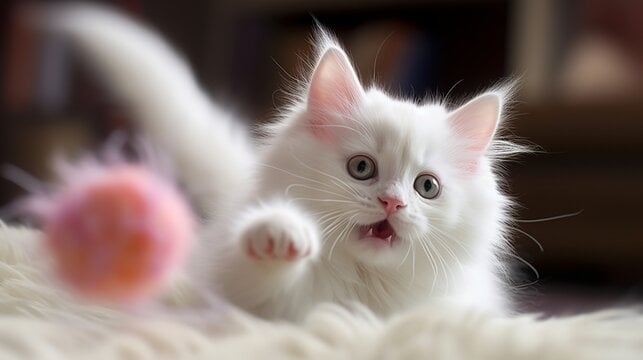
History and Cultural Significance
Turkish Angoras are an ancient breed with a fascinating past. They have been revered in their home country for countless generations, with one legend suggesting that they are the descendants of the felines that survived the fall of the ancient Persian empires. In Turkey, they are considered national treasures and have been adored by royals and housed in palaces.
The name “Turkish Angora” points to further signs of its route and discovery. The word “Angora” comes from Ankara – the capital of Turkey and formerly called Angora. This breed was one of the first longhaired cats to land in Europe, wooing cat aficionados from the world over.
Its bright, snowy white coat and dazzling eyes were unmistakable, and it surely made a noticeable impression, securing its position among the archives of cats.
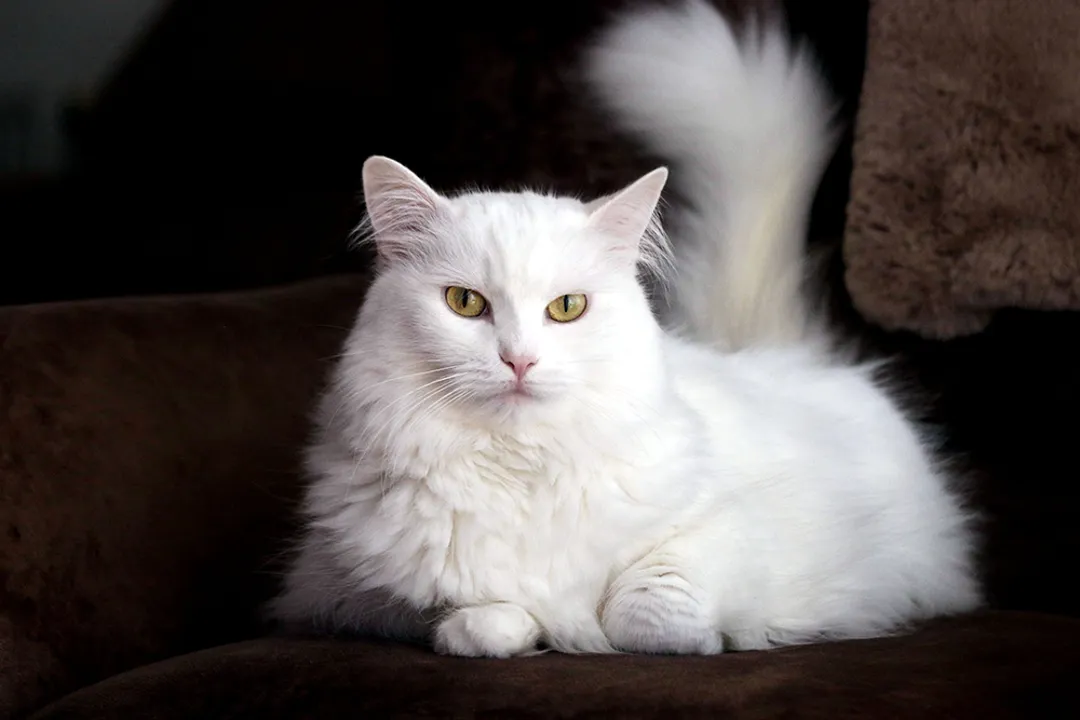
In the middle of the country in Turkey are the Angora cats. They are iconic and viewed as symbols of grace and healing, a tradition that has been carried on for centuries. Locally, they are a cultural symbol, and the locals love these cats and see them as a living legend — a part of the history of the nation.
Detailed Breed Overview
Turkish Angoras are a fun mix of sophistication and amusement. Their slender, fine, silky fur and slim bodies certainly set them apart in the cat world.
Weighing anywhere from a five to ten pounds, Turkish Angoras are agile and energetic. Life spanging between 12 and 18 years, they will make an excellent, gorgeous, long-term companion. They will captivate you too, regardless if you’re new to them or have been a fan for a while.
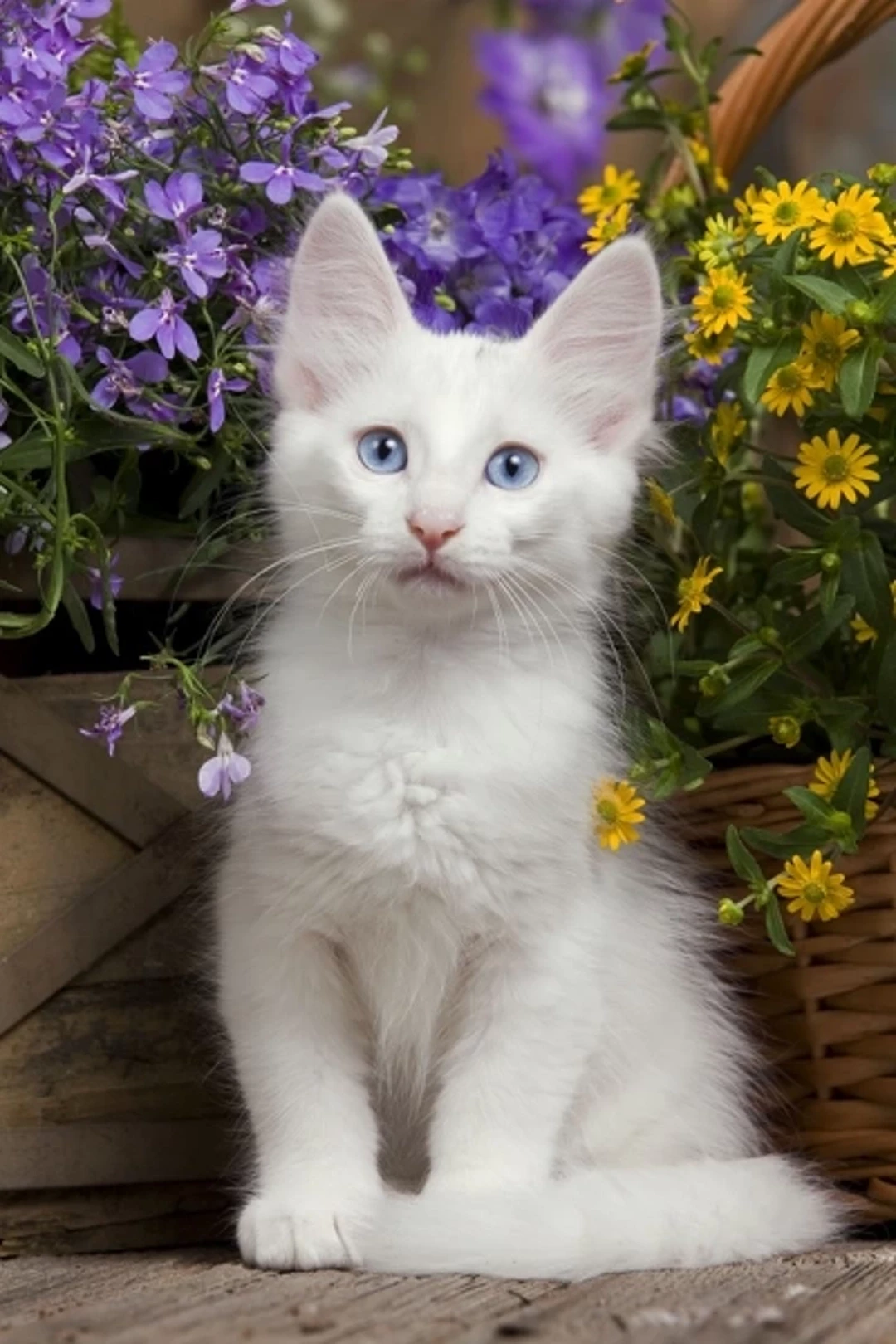
Temperament and Social Traits
Turkish Angoras are the extroverts of the cat world. They are lively and fun-loving, and you can always count on them to brighten up the room. They are more than just playful, though; they are also incredibly intelligent (and sometimes a little naughty). They crave companionship and excel in a home with children and other animals.
If you want a cat that will follow you around, a Turkish Angora is perfect for you. They’re super social and want to be part of whatever action you’re getting into. Lounge on the couch? They’ll cuddle with you. Work from your desk? They’ll sit in your lap. Just remember—you’ve got to play with them, too. They’re way too curious to not be entertained!
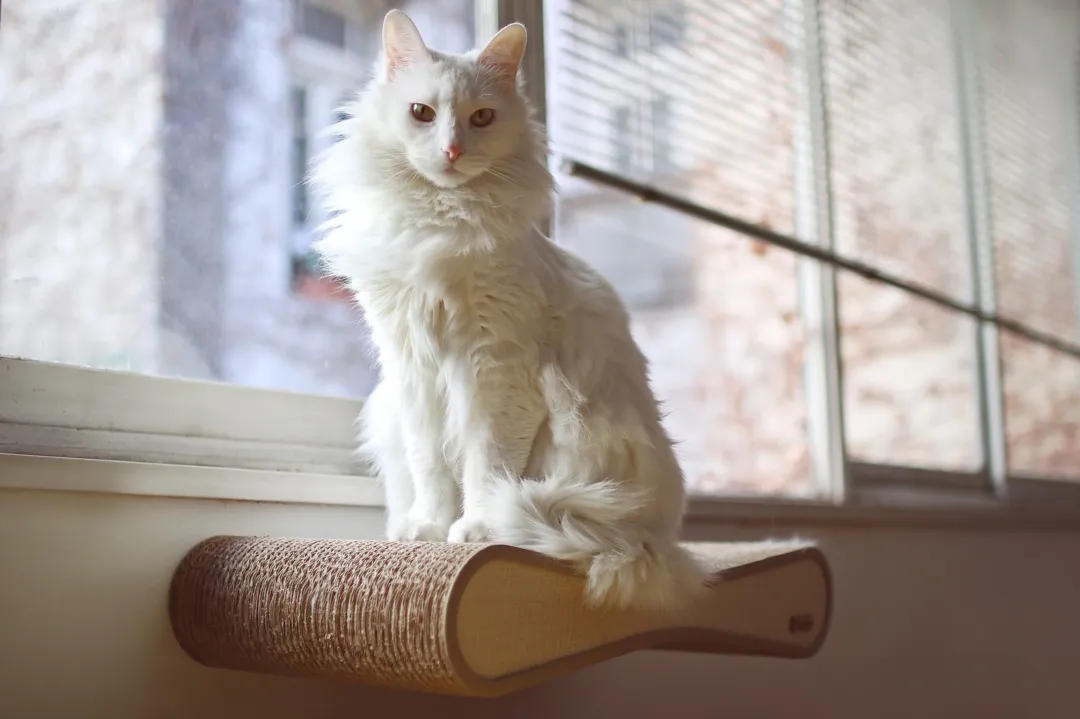
While friendly, they all have distinct personalities and the more you socialize them, the better they’ll be. The more stuff these cats experience as kittens, the more they will be okay with new people and environments when they are older. They can take a little while to come around to strangers, but once they do, they are wonderful to have at parties or family gatherings.
Behavioral Training
Turkish Angoras are fun and easy to train, as they’re smart and curious. Begin with basics such as “sit” or “come,” using rewards for encouragement. Practice often, but keep lessons brief to accommodate this breed’s short attention span.
Toys and games that test their intelligence are a great way to exercise Turkish Angoras, offering them puzzle toys, for example, allow them to show off how smart they are while keeping them out of mischief.
They also enjoy interactive play sessions — feather wands or laser pointers are both popular choices for making them exercise. Mental and physical challenges both do wonders for these cats.
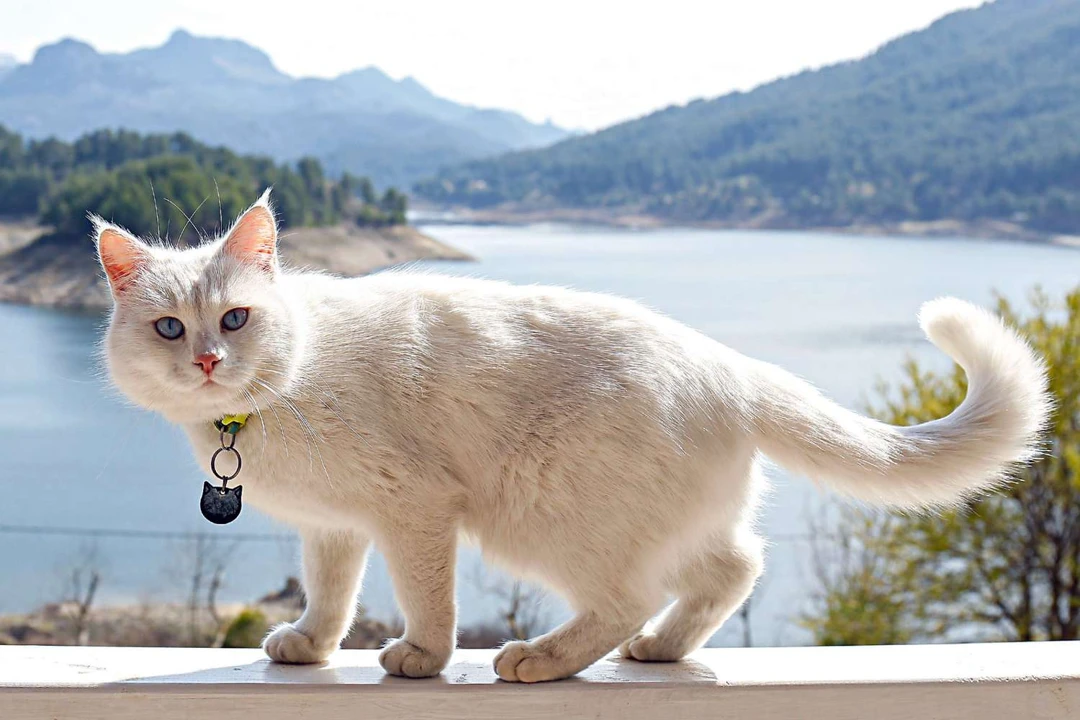
Socialization is another key aspect of Angora cat care. Introduce them to new feline and human friends slowly and positively and be sure to have plenty of friends over, rewarding your cat for well-mannered behavior.
By socializing them at an early age and using positive reinforcement and having some patience, your Angora will be a happy, healthy member of your family.
Grooming and Maintenance
Caring for a Turkish Angora is easy, as they have a glossy coat. They may appear as though they require rigorous grooming, but that’s not the case.
They just need a gentle brush every week (or every other week) to ensure their coat doesn’t become matted. A soft brush or a comb with wide teeth will work best.
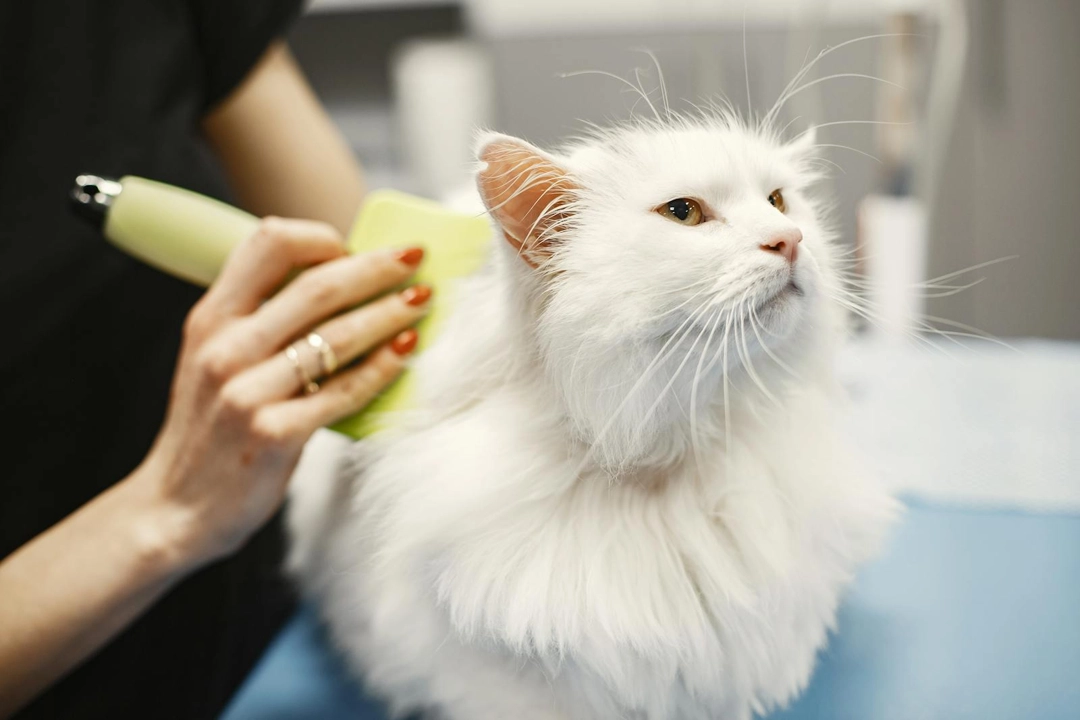
Get them on a monthly nail-trimming schedule. Not only will this prevent scratches, but it will also keep them feeling more comfortable. It’s also wise to keep an eye on their ears, giving them a quick and gentle wipe with a damp cloth every now and again, to keep the wax at bay.
Detailed Health Management
Hypertrophic Cardiomyopathy
This is heart disease typical in cats and Turkish Angoras are no different. the HCM thickens the heart walls, so the heart has a more difficult time pumping blood. Vets can catch this disease early with proper regular checkups. As always, staying at a healthy weight and keeping things stress-free are also prevention tactics.
Ataxia
Ataxia is a medical condition that affects movement and balance in Turkish Angora kittens. It can usually be seen in symptoms of an unsteady gait and coordination problems.
Though it cannot be cured, symptoms can be managed through regular veterinary care. Breeders will test for this to ensure they do not pass it on to subsequent offspring.
Feline Infectious Peritonitis (FIP)
FIP is a fatal viral disease that can impact a lot of different cat breeds, including Turkish Angoras. It is triggered by a coronavirus, and although it can be fatal, keeping your cat’s environment clean and making sure they’re up-to-date with their vaccinations can help reduce the risk.
It’s also easy to not notice your cat has FIP for awhile, but regular vet appointments can help identify any issues early on.

Dental Issues
Just like other cats, Turkish Angoras can be affected by dental diseases such as gingivitis. It’s essential to get regular dental cleanings. Keeping an eye on your pet’s eating habits is important, as changes can indicate dental issues. Dental toys and treats can promote their dental health.
Obesity
Obesity is a common health issue among Turkish Angoras and can affect their health. Watch portion size, make time for play every day, and monitor their diet to prevent it. Regular visits to the vet are important in maintaining a healthy weight for your cat.
Living Environment and Adaptation
Turkish Angoras are flexible cats, although they certainly have their own likes and dislikes. They are lively animals that enjoy plenty of room to explore, so they’re best-suited to a bigger living space.
However, even apartment-dwellers can make it work; just give them ample vertical space on kitty trees or tall shelves for climbing and play.
If they were born into a cooler climate, the Turkish Angora can cope with it better.
However, they can still thrive in warmer climates with extra precautions, especially when considering Turkish weather throughout the year. Just don’t let the temperature get too warm and always provide water.
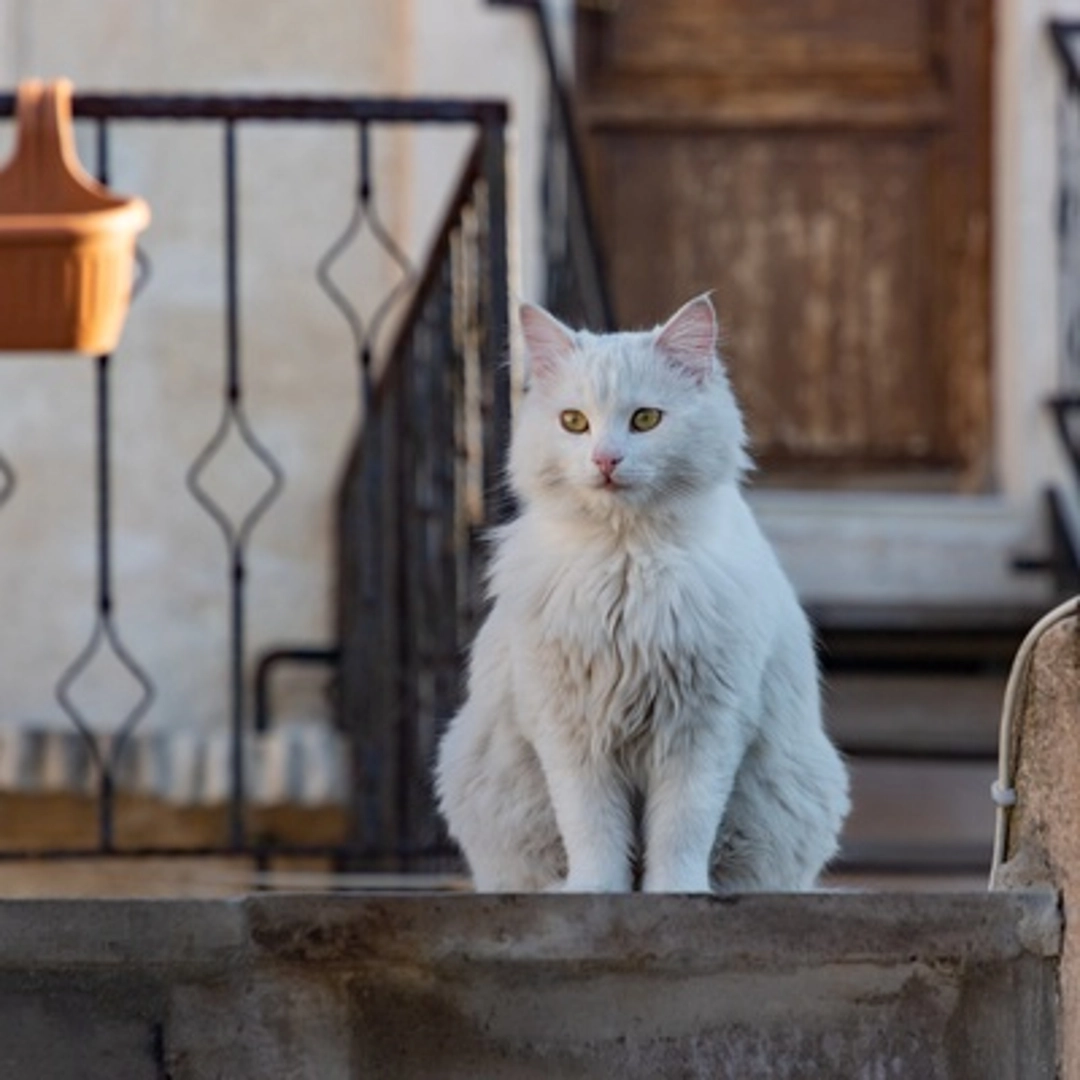
Indoor or outside, they do well with activities that engage their brains. Cat toys and puzzles are a great way to keep them out of mischief. A happy Turkish Angora is usually not a troublesome one!
Conclusion
Having a Turkish Angora is a joy. These cats add a touch of charm to a home. They are fun and loving, suiting families and single pet owners.
But Turkish Angoras have more than just looks and elegance going for them; they are also intelligent and surprisingly agile. With a little bit of coaching, they can even be taught to do tricks and integrate into your daily routine. Whether it’s their striking look or their sweet social nature, these cats always make quite the impression on everyone they meet.
When you bring home a Turkish Angora, you’re bringing in a living legend. The benefits are endless, from their fun-loving nature to their loyal friendship. If you want a cat that is as beautiful as it is entertaining, a Turkish Angora might just be the feline for you.
